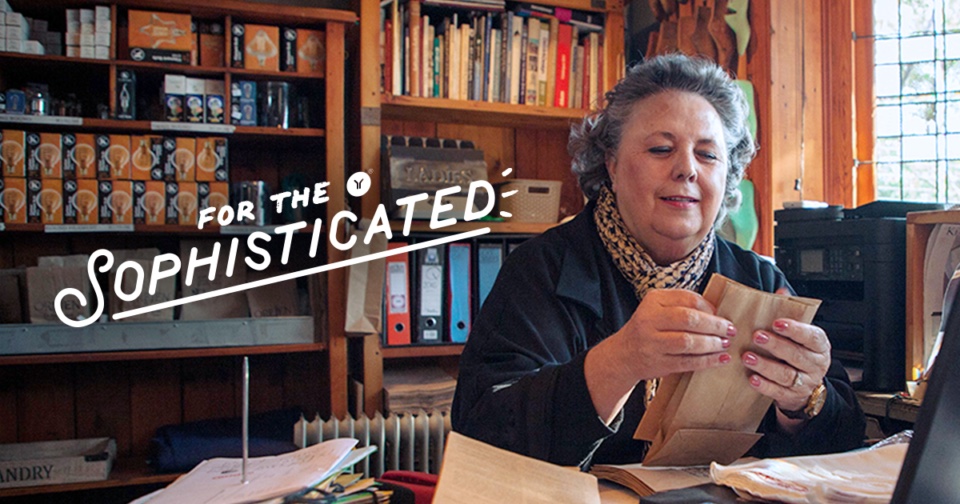People have a lot in common with one another. More than cynics would have you believe, anyway. As a result, it’s possible to find success by focussing on what we share rather that what separates us. This way of thinking saw the birth of Orejen; a business offering a one-of-a-kind window into the past.
“Love what you do and you’ll always look forward to work on a Monday. Sadly not many people are passionate about what they do. And never allow credit. Credit nearly sank our lovely business.”
A doorway to business
“We bought an old home and couldn’t find one person to make windows and doors for us. We wanted the windows to match her original windows made in England. My husband made my first window. It was perfect. Then I thought, there had to be other people who owned old homes that were as fussy as me,” says Jennifer Cernades, owner of Orejen.
We’re all meticulous about something. For Jennifer, attention to detail has underpinned everything she’s achieved. Orejen began as a boutique homeware workshop, where homeowners would go to get windows made for their vintage houses. Since it opened for business back in the 80s, the world has changed.
“When we started, there was no ‘digital world’. We’ve kept up with it somewhat and at our ages, I’d say we’ve done damn well!”
As the world has evolved, so has the business. What began as a humble window manufacturer for venerable houses is now an imaginarium of nostalgia; a workshop where wood and glass combine to restore glory to homes with heritage. Elegant fixtures adorn the shop, with ornaments and attachments throughout. Everything has its place, and none of it would look out of place in a Victorian-era novel.
Trusting her instincts
From the beginning, Jennifer had confidence that her instincts were solid. Her own experience was evidence of that. A sense of caution defined the business’s early days. They started small, but as their reputation grew, so did the scope and scale of their offering.
One thing that hasn’t changed is the everyday chaos of entrepreneurial life.
“We get to 4pm and we haven’t done half of what we needed to! Our days are so action packed. We love sourcing our goods and are passionate about finding the right thing for clients who thought these goods were no longer available. But it’s not easy…”
Achieving great things never is. Having been commissioned to renovate downtown Johannesburg’s old Drill Hall with windows and doors following a massive fire, Jennifer is pleased with the company’s achievements and the hard work has paid off. To such an extent that Jennifer is able to fuel her favourite pastime: travel.
“Being married to a Spaniard, we’ve discovered Europe’s best kept secret. Northern Spain, from San Sebastian all the way along the Bay of Biscay, until you get to Coruna. An area so forgotten by crowds and tourists. It really is wonderful there.”
The pitfalls
It’s nothing less than Jennifer deserves and she wouldn’t have it any other way. But that’s not to say that she would do everything the same if she could go back. And the thing that she would change, given the chance, points to a high level of entrepreneurial acumen.
“The only thing we would do differently is not allow anything out of the shop without first being paid for. Once ownership changes hands, it’s very very difficult to get people to pay. When you have a personal relationship with clients – you believe that they will go home and pay you immediately. They don’t. They forget. It costs money to allow credit.”
Of course, a good business attracts good customers for the most part and Jennifer considers many of her clients good friends. And, as a woman in the world of business, Jennifer’s experiences translate into sound advice for young women aspiring to start businesses of their own.
“Love what you do and you’ll always look forward to work on a Monday. Sadly not many people are passionate about what they do. And never allow credit. Credit nearly sank our lovely business.”
Thankfully, Orejen survived and has thrived. The business was born because of a gut feeling that others were experiencing the same issue as she was. Her ability to solve her own problem inspired her to want to help others that had similar needs. That’s a beautiful thing.



